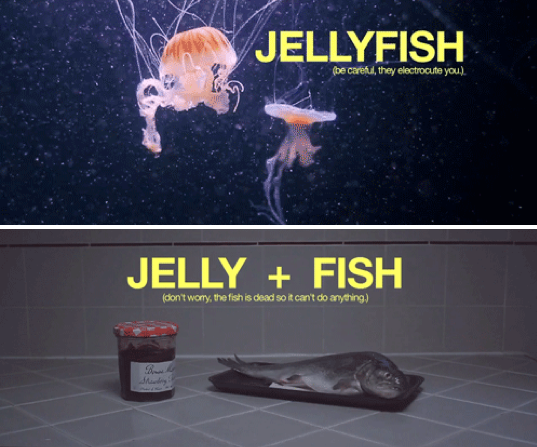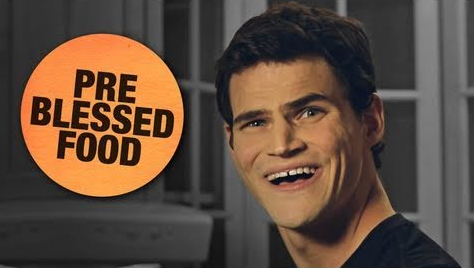In Comedy Studies, special issue on “Laughter in the Digital Age.” Peter C. Kunze, ed. Fall 2015. Read the article HERE
Abstract
Through a case study of Julian Smith, this essay investigates what makes YouTube comedians/entrepreneurs successful. In order to understand the channel juliansmith87 and its connections to social media platforms, I adopt two strategies: focusing on a specific video from the channel called 25 Things I Hate About Facebook; and discussing the channel on a macro-level, looking at it from inception to current state. While 25 Things has not achieved the success of other videos by Smith, it created a formula characterized by a self-reflexive approach to digital media and a high production value. Why are so many users following Smith’s work? How did these videos go viral? How did he manage to beat the competition of other users aiming to reach the same visibility? How does he take advantage of our current digital environment and convergence culture? Generally presented in a three to five minute format, Smith’s videos are professionally produced with updated digital cameras and editing software and then shared online via media marketing strategies. Smith proves that YouTube is both a site for personal use (summarized by its tagline “Broadcast Yourself”) and a platform for the shared artistic visions of comedy entrepreneurs. The study concludes with an initial map of some comedy content creators that possess characteristics similar to those of juliansmith87, evaluating their role in the modernization of digital humor.
Keywords: Julian Smith, YouTube, Facebook, Humor, Performance
NOTE: The paper has been presented at the Humor in the Digital Age Session at South Atlantic Modern Language Association Conference.
What Julian Smith Hates (and Loves) About Facebook: Social Media Parody as Self-Promotion (Comedy Studies)
- Categories →
- Research
- Conferences
-
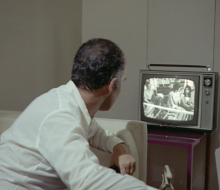
An Investigative Cinema (Book)

-

Joshua Oppenheimer’s Cold War Between Thought and Expression

-

Too Strange to Believe: Magical Realism and Cold War Politics in Narcos

-

The Aesthetics of the Procedural in Post-9/11 Cinema (Cinema Journal)

-

Shifting the Present: Francesco Rosi’s Salvatore Giuliano (Chronica Mundi)

-

In and Out of the Jungle: The Politics of Gael García Bernal (SCMS 2016)

-

The Cinema of Ettore Scola (International Symposium at Casa Artom; Venice)

-
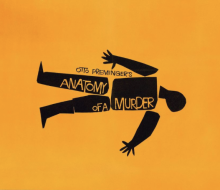
Just Imagine: Genre and the Logic of Movie Posters (Invited Talk)

-

Evening Rituals: Marco Ferreri’s Dillinger is Dead (Intersections Conference; Florence)

-

Contemporary Science Fiction Cinema — Two Special Dossiers for Film Matters 8.3 & 9.1

-

Network Narrative in Diaz. Don’t Clean Up This Blood (Harvard, ACLA 2016)

-

What Julian Smith Hates (and Loves) About Facebook: Social Media Parody as Self-Promotion (Comedy Studies)

-

The Moro Affair in Gian Maria Volonté’s Movies (Book Chapter)

-

The Interview as Self-criticism: on Pasolini’s Metatelevisual and Extracinematographic Performativity (Book Chapter)

-

The Ontology of Replay: The Zapruder Video and American Conspiracy Films (Teorija in praksa)

-

The Missed Encounter with the Actor-Poet: Carmelo Bene and Vittorio Bodini According to Ruggero Jacobbi (California Italian Studies)

-

One Hundred Steps & the Neorealist Heritage (Book Chapter)

-

Even the Rain: A Confluence of Cinematic and Historical Temporalities (The Arizona Journal of Hispanic Cultural Studies)

-
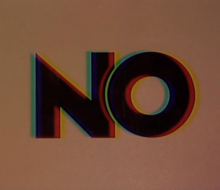
Pablo Larraín’s No and the Aesthetics of Television (Seismopolite)

-

Saviano, Garrone, Gomorrah: Neorealism and Noir in the Land of the Camorra (Fast Capitalism)

-

Conferences

-

Theater According to Ruggero Jacobbi

-

A Conversation with Albert Maysles

-

Rock me Amadeus: The Mozart-Salieri Conflict in Drama & Film

-

A Certain Absence in French Cinema

-

Cinemablography: Laughter as a Menacing Motif in Paul Thomas Anderson’s The Master

-

Cinemablography | A Legacy Intertwined: Christopher Nolan and his Dark Knight

-

Cinemablography | Hugo: Nostalgia for the Origins of Cinema

-

Palace, A Short Film

-

Dragoon Online

-

Pioneering YouTube

-

Genetic Ancestry Project

-

Teaching

-

Science Fiction Cinema

-

Short Story from Borges to HTML

-
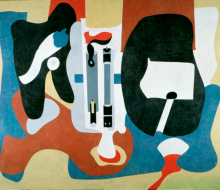
Eremo Zafer (Poetry)

-

Adagio Domestico (Crocetti Editore)

-

Somewhere Else (Poetry Book)

-
Clients



